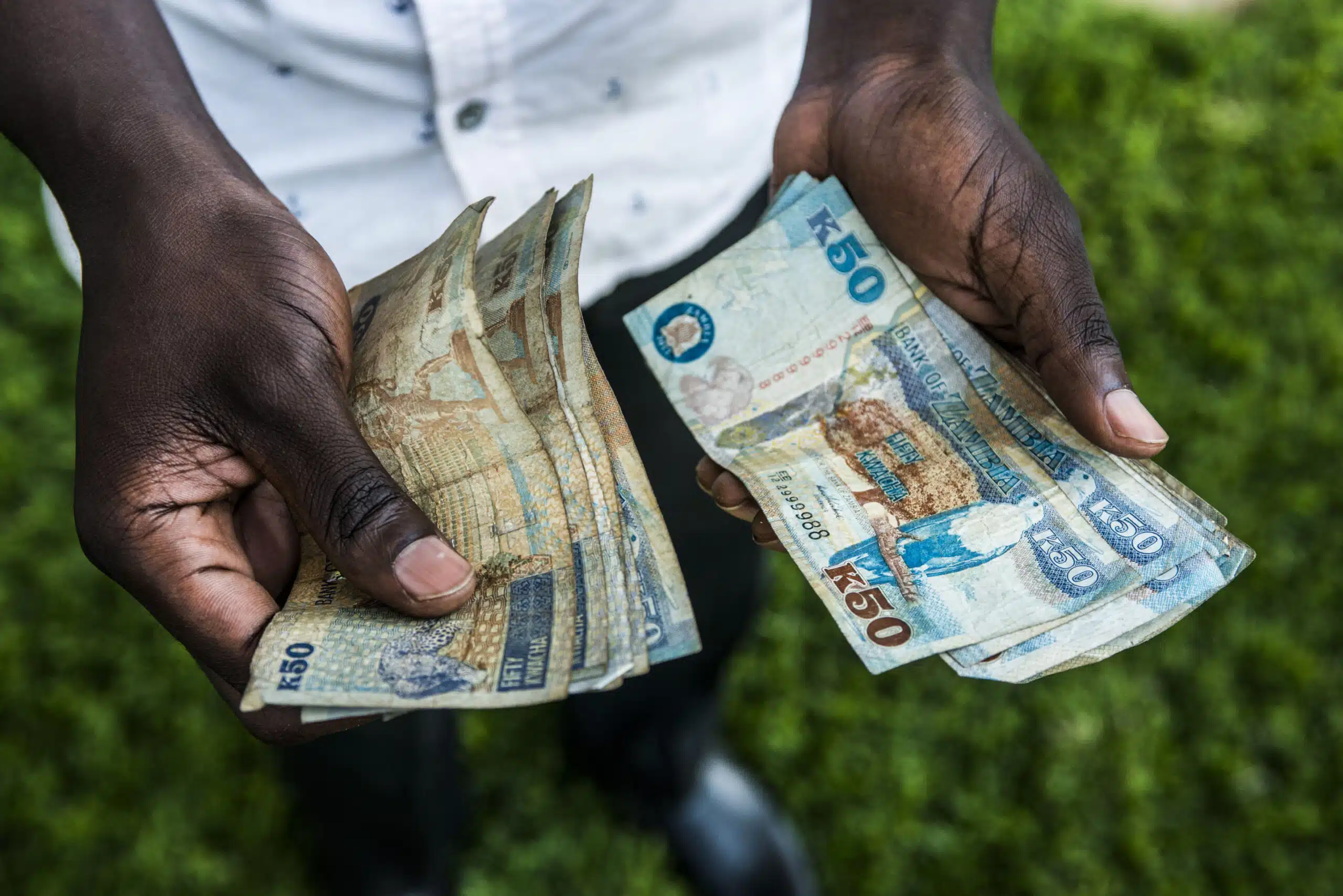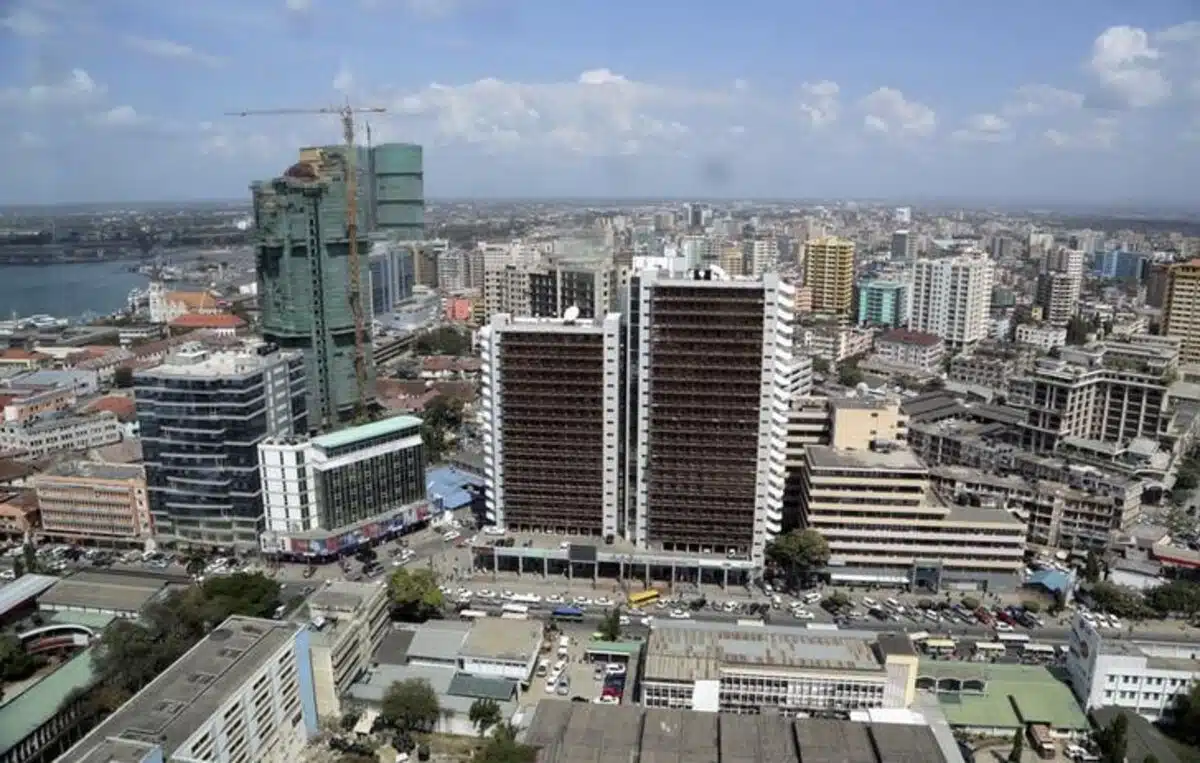Nigeria may return to the Eurobond market before the end of 2025, as expectations mount that the US Federal Reserve will cut interest rates in September—potentially lowering borrowing costs for emerging markets.
According to CSL Research, traders are confident that the Fed will deliver its first rate cut of this year at the Federal Open Market Committee (FOMC) meeting on September 16–17, with consensus pointing to a 25-basis-point (bps) reduction.
The probability of a cut has risen from 56% a month ago to 83%, driven by signs of labour market weakness and growing political pressure on the Fed. Nigerian Eurobonds are issued in USD, with both interest and principal repaid in dollars, even though the issuer is a Nigerian entity.
“Should the Fed move, it could pave the way for Nigeria’s return to the Eurobond market, following last year’s successful $2.2 billion issuance,” CSL said in a recent note. “We anticipate Nigeria could re-enter the international debt market before year-end.”
Political influence and dollar movements
The debate over monetary easing has taken on political undertones. President Donald Trump, earlier in August, nominated Stephen Miran to a temporary seat on the Federal Reserve’s Governing Board, a move widely interpreted as an attempt to influence the rate-setting process.
Meanwhile, the dollar weakened against the euro and Swiss franc on Friday, against a basket of currencies, as traders braced for a US rate cut. The currency, which had firmed after inflation data met expectations, later gave up gains—failing to break a three-day losing streak.
Data showed the US Personal Consumption Expenditures Price Index rose 0.2% in July, cooling from June’s 0.3%. Although the Fed held rates steady at 4.25%–4.50% for a fifth straight meeting in July, two governors dissented in favour of a cut—the first dual dissent since 1993.
Last week, Governor Christopher Waller reinforced the dovish shift, saying he “fully expects” multiple cuts ahead. “The time has come to ease monetary policy and move it to a more neutral stance,” he said, estimating neutral at around 3%, well below the current range.
Why a cut matters for Nigeria
Analysts at CSL said a Fed cut would likely lower Eurobond yields across emerging markets, boosting the appeal of international capital markets for issuers.
“The timing would be advantageous, given the current strong foreign investor appetite for Nigerian government securities, underpinned by improved confidence in the economy following a series of reform measures,” the firm noted.
A well-received issuance could not only secure favorable pricing for Nigeria but also open the door for domestic financial institutions to tap global markets, given upcoming maturities.
Africa’s most populous nation first entered the Eurobond market in 2011 and has since issued multiple dollar-denominated bonds to finance fiscal deficits and infrastructure. Its largest sale came in 2017, when it raised $3 billion across two tranches. The most recent issuance was in December 2024, when it secured $2.2 billion, following a $1.25 billion sale in March 2022.
This time, analysts suggest the government could target at least $2 billion, potentially with a 10-year maturity.
“We note that market conditions appear favorable, with yields having declined across the curve since the start of the year,” CSL said, adding that the 2031s and 2034s issued last year have seen yields compress by an average of 154bps.
Fiscal pressures mounting
Nigeria’s 2025 budget projects ₦1.8 trillion ($1.2 billion) in external borrowing, but CSL estimates the deficit could climb closer to ₦17 trillion ($11.1 billion)—4.1% of rebased GDP—due to revenue shortfalls. Lawmakers recently approved up to $24 billion in external financing for 2025–2026, suggesting future issuances could exceed budget assumptions.
Total public debt stood at ₦149.4 trillion ($97.2 billion) in the first quarter of 2025, up 22.8% year-on-year, according to the Debt Management Office. External obligations accounted for 47.3%, compared with 52.7% domestic. External borrowings last exceeded domestic in December 2021.
Corporate refinancing on the horizon
Beyond sovereign issuance, Nigerian banks may also return to the Eurobond market. CSL expects lenders such as Access Bank, Fidelity Bank, and United Bank for Africa—each with bonds maturing in 2026—to seek refinancing to ensure smooth rollover and liquidity support.
Some banks could also explore alternative options, including equity listings abroad, following Guaranty Trust Holding Company’s recent successful listing on the London Stock Exchange.
Risks to the outlook
CSL cautioned that upside surprises in US inflation could delay Fed easing, strengthening the dollar and tightening global liquidity. “Higher US interest rates typically dampen sentiment toward risk assets such as Nigeria,” the firm said. “This could postpone any planned issuance by the government.”
Despite these risks, the research firm maintains a positive outlook on Nigeria’s Eurobond prospects, arguing that a Fed rate cut would serve as a key catalyst for lower yields and improved market performance.










